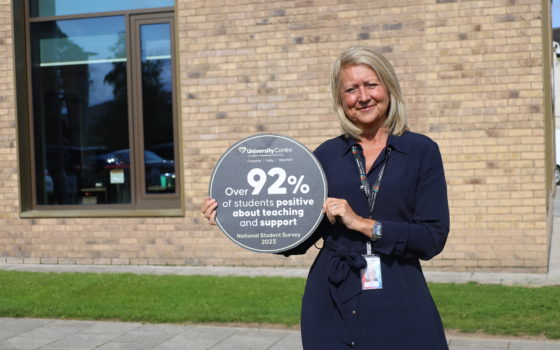The Level 2 Allergy Awareness for those working in Adult Social Care, with Children or in the Service Sector course is suitable for individuals working in a service sector role looking to upskill. You will develop skills and knowledge of allergies, including the different types of allergens, allergies and intolerances, food labelling and packaging, how to recognise reactions, how to reduce risks, and how to provide first aid.
Certificate, Level 2
Allergy Awareness for those Working in Adult Social Care, with Children or in the Service Sector
Allergy Awareness for those Working in Adult Social Care
Unit 1: Allergens, allergies and intolerances
In this
first unit you will learn about the background knowledge behind allergies,
allergens and intolerances and gain an understanding of how allergies and
intolerances are diagnosed and treated.
Unit 2: Food labelling and packaging
In this unit, you
will learn how to read different types of food labels and the importance of
accurate label reading in keeping those with allergies safe. You will develop an
understanding of the regulations surrounding food labelling and an ability to
recognise when a label is incorrect.
Unit 3: Allergy awareness for those working in adult health and
social care roles
This unit will help you to learn about the key
information on allergen awareness for those working in adult health and social
care roles. How to recognise the signs and symptoms of allergic reactions on
different body parts and how to perform first aid on those who have experienced
a severe reaction. You will also explore how to reduce the risk of an allergic
reaction through methods such as avoidance, food preparation and medical ID
jewellery.
Allergy Awareness for those Working with Children
Unit 1: Allergens, allergies and intolerances
In this
first unit you will learn about the background knowledge behind allergies,
allergens and intolerances and gain an understanding of how allergies and
intolerances are diagnosed and treated.
Unit 2: Food labelling and packaging
In this unit, you
will learn how to read different types of food labels and the importance of
accurate label reading in keeping those with allergies safe. You will develop an
understanding of the regulations surrounding food labelling and an ability to
recognise when a label is incorrect.
Unit 3: Allergy awareness for those working in with
children
This unit will help you to learn about the key information
on allergen awareness for those working with children. How to recognise the
signs and symptoms of allergic reactions on different body parts and how to
perform first aid on those who have experienced a severe reaction. You will also
explore how to reduce the risk of an allergic reaction through methods such as
avoidance, food preparation and medical ID jewellery.
Allergy Awareness for those Working in the Service Sector
Unit 1: Allergens, allergies and intolerances
In this
first unit you will learn about the background knowledge behind allergies,
allergens and intolerances and gain an understanding of how allergies and
intolerances are diagnosed and treated.
Unit 2: Food labelling and packaging
In this unit, you
will learn how to read different types of food labels and the importance of
accurate label reading in keeping those with allergies safe. You will develop an
understanding of the regulations surrounding food labelling and an ability to
recognise when a label is incorrect.
Unit 3: Allergy awareness for those working in the service
sector
This unit will help you to learn about the key information on
allergen awareness, how to recognise the signs and symptoms of allergic
reactions on different body parts and how to perform first aid on those who have
experienced a severe reaction. You will also explore how to reduce the risk of
an allergic reaction through methods such as avoidance, food preparation and
medical ID jewellery.
From this online course, you can progress on to other online courses that we offer. Alternatively, this will support into employment.
There are no specific entry requirements however learners should have a minimum of level two in literacy and numeracy or equivalent.
The course is delivered via distance learning, supported by a range of interactive online resources.
Work is assessed by the tutor throughout the programme from induction to completion.









